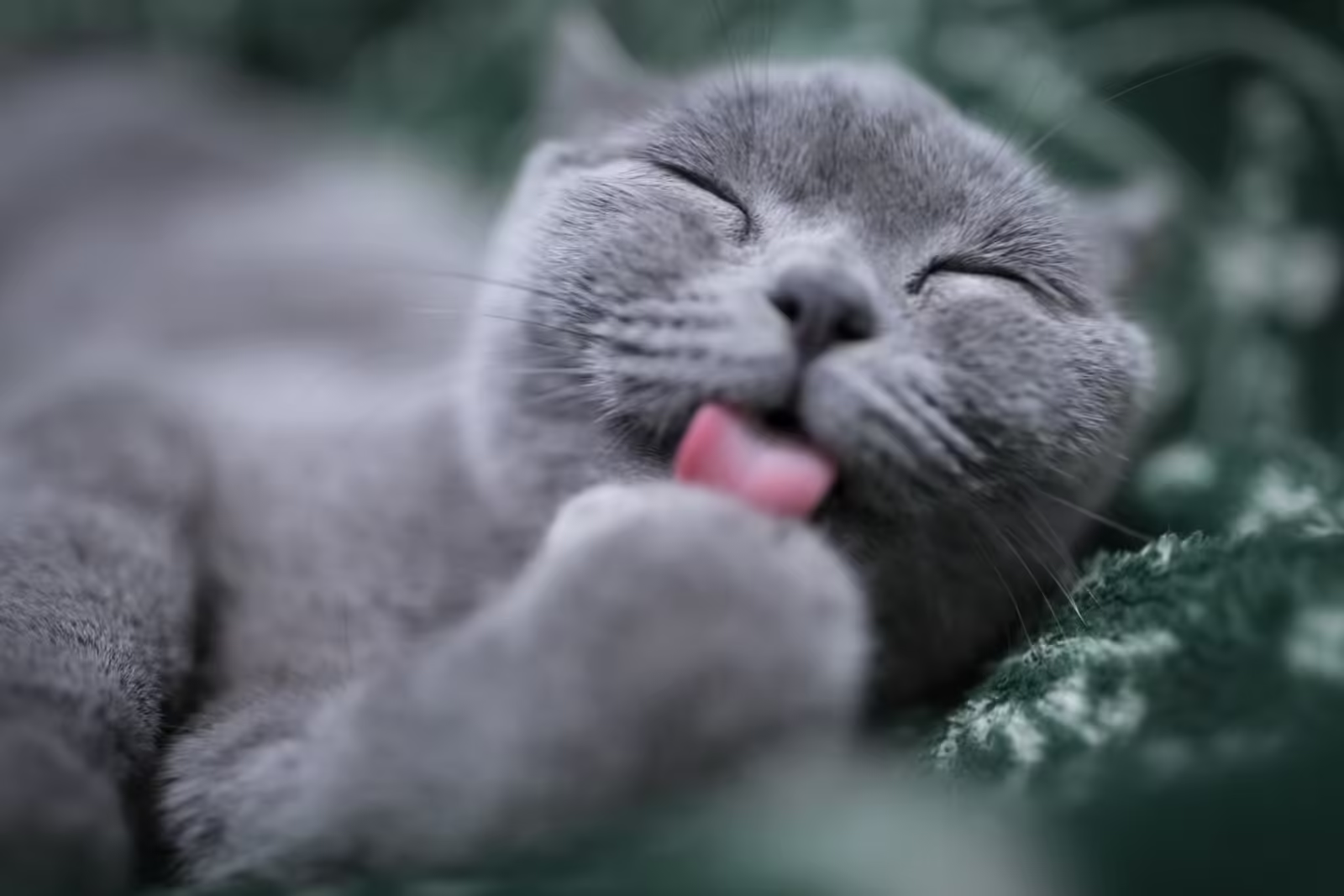Feeding Your Cat: Understanding the Nutritional Needs of Different Cat Ages
Cats have specific nutritional needs that change as they grow from kittens to adults and eventually into seniors. Providing the right diet at each stage of their life is crucial for their health and well-being. Here’s a comprehensive guide to understanding and meeting your cat’s nutritional needs through the different stages of their life.
1. Kitten Stage (0-12 Months)
Nutritional Needs: Kittens require a diet that supports their rapid growth and development. They need more calories, protein, and essential nutrients compared to adult cats.
- Protein and Fat: Kittens need higher levels of protein and fat. Look for foods with at least 30% protein and 20% fat. Protein supports muscle development, while fat provides energy and supports brain development.
- Vitamins and Minerals: Essential vitamins and minerals, such as calcium and phosphorus, are crucial for bone development. A kitten food formulated with balanced calcium and phosphorus levels is essential to prevent developmental issues.
- DHA: Docosahexaenoic acid (DHA) is an omega-3 fatty acid that supports brain and eye development. Many kitten foods include DHA to aid in cognitive and visual development.
Feeding Tips:
- Frequent Meals: Kittens have small stomachs and high energy needs. Feed them multiple small meals throughout the day, typically 3-4 times.
- High-Quality Food: Choose a high-quality commercial kitten food that meets the AAFCO (Association of American Feed Control Officials) standards for growth and development.
- Gradual Transition: As your kitten approaches their first birthday, gradually transition them to adult cat food to match their changing nutritional needs.
2. Adult Stage (1-7 Years)
Nutritional Needs: Adult cats require a balanced diet that maintains their health and prevents obesity. Their energy needs are lower compared to kittens but still significant.
- Balanced Protein: Adult cats need protein for maintaining muscle mass and overall health. Aim for a food with 25-30% protein content.
- Fat Content: Fat is a primary energy source. A fat content of 15-20% is typically adequate for adult cats.
- Fiber: Fiber helps with digestion and can aid in weight management. Look for foods with moderate fiber levels to support healthy digestion.
Feeding Tips:
- Portion Control: Measure your cat’s food to prevent overfeeding and obesity. Follow the feeding guidelines provided on the food packaging or consult your vet.
- Hydration: Ensure your cat has access to fresh water at all times. Wet food can also help increase their water intake.
- Regular Check-ups: Schedule regular veterinary check-ups to monitor your cat’s weight and overall health, and adjust their diet as needed.
3. Senior Stage (7+ Years)
Nutritional Needs: As cats age, their metabolism slows, and their nutritional needs change. Senior cats may have specific health issues, such as kidney disease or arthritis, which can impact their dietary requirements.
- Lower Calories: Senior cats often require fewer calories to prevent weight gain. Choose a food designed for seniors or those with reduced calorie content.
- Joint Support: Ingredients like glucosamine and chondroitin can support joint health and mobility. Senior cat foods often include these supplements.
- Kidney Health: Older cats are prone to kidney disease. Look for foods with controlled phosphorus levels to support kidney function and reduce the risk of kidney issues.
Feeding Tips:
- Easy-to-Digest Food: Senior cats may have more sensitive digestive systems. Opt for easily digestible food that’s gentle on their stomach.
- Monitor Health: Keep an eye on any changes in your cat’s weight, appetite, or litter box habits. Regular vet visits are important to catch any health issues early.
- Comfortable Eating: Ensure your cat’s feeding area is easily accessible, especially if they have mobility issues. Elevated bowls or feeding stations can be helpful.
Special Considerations Across All Ages
- Hydration: Proper hydration is essential at every stage. Wet food can complement a dry food diet, especially for cats that may not drink enough water.
- Treats and Supplements: Treats should be given in moderation and shouldn’t exceed 10% of your cat’s daily caloric intake. Consult your vet before adding any supplements to your cat’s diet.
- Allergies and Sensitivities: Be mindful of any food allergies or sensitivities. If you notice symptoms like vomiting, diarrhea, or itching, consult your vet for dietary adjustments.
Conclusion
Feeding your cat according to their age and nutritional needs is key to their long-term health and happiness. From the rapid growth phase of kittens to the more tailored requirements of senior cats, understanding and addressing these needs will help ensure your feline friend thrives at every stage of life. Always consult your veterinarian for personalized advice and to address any specific concerns about your cat’s diet and health.











Leave a Reply